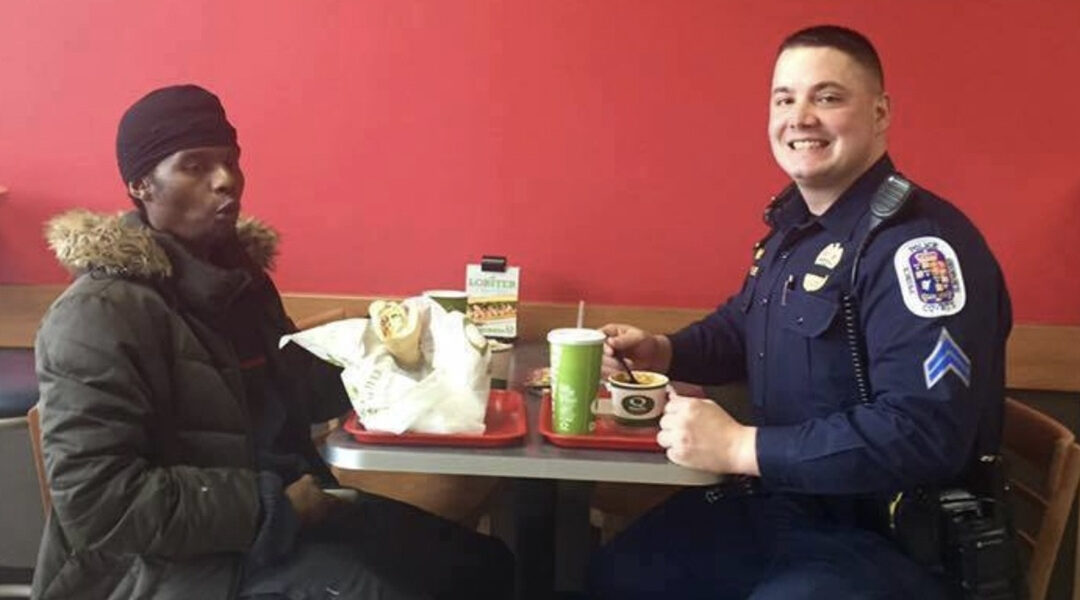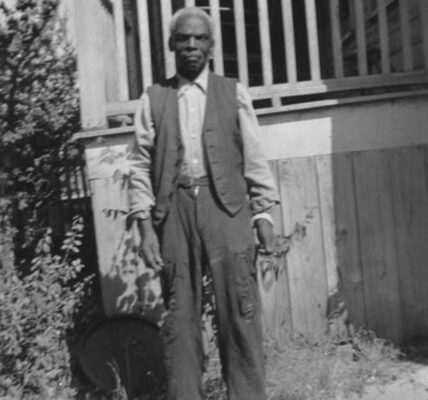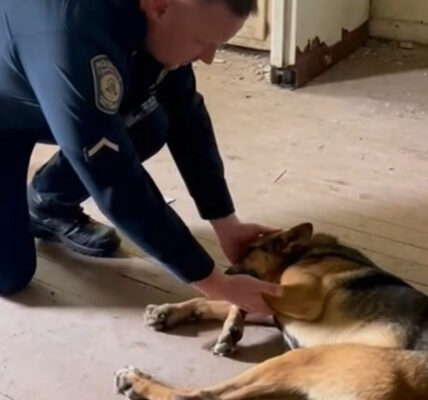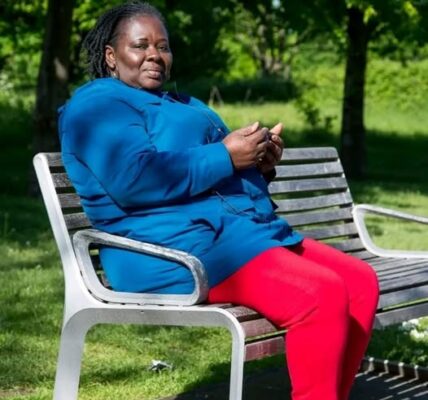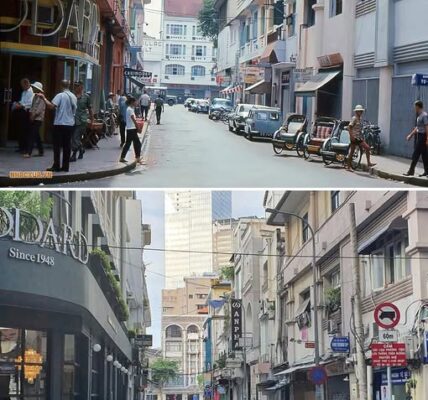
A few weeks ago, a man sat down during his workday and shared a meal with someone many would have ignored. The other man was homeless—not begging for money, but pleading with a business owner for a chance to sweep a floor or clean a shop in exchange for water and food.
To some, this simple act of sitting down and breaking bread looked unprofessional. To others, it seemed like a bid for attention. What those critics didn’t know was that this moment was not about appearances—it was about memory. A memory of hunger, of loneliness, of a childhood where the world seemed to have forgotten him.
At five years old, his father divorced his mother. Out of spite, the father changed his name, hid him from his mother, and remarried. His new stepmother made it clear: she would not raise children that weren’t her own. Faced with an ultimatum, his father chose her over his children.
And so, at ten years old, the boy became invisible. His father told the state he had no living relatives. He was sent to one boarding home after another, where children were packed into crowded rooms like forgotten luggage. He wore the same three outfits week after week. He went without food for days at a time.
There were no birthdays. No Christmas mornings. No Thanksgiving dinners. Just the endless rhythm of hunger and waiting. Every morning he woke up praying for a miracle, and every night he fell asleep still waiting for one.

At sixteen, he signed papers to emancipate himself. He worked four part-time jobs while attending school full time, trying to survive. Some nights, he had to make a choice: eat three meals and sleep on the street, or starve and keep a roof over his head.
It was in those years that he learned what desperation feels like. What it feels like to be cold, to be hungry, to be forgotten by everyone else. He learned that sometimes all a person has left is the strength to keep going.
That’s why, years later, when he saw a man begging not for money but for dignity, he didn’t hesitate. He sat with him for over an hour, learning his story. He bought him a hot meal, then took him to a store where he filled a basket with the basics of being human: Motrin for the pain, a toothbrush and toothpaste, soap, shampoo, mouthwash, nail clippers, razors, shaving cream. Then he bought him new clothes, new shoes, and a jacket. And finally, he made sure the man had a roof over his head for the night.
It wasn’t charity. It wasn’t pity. It was recognition. A reminder that dignity can be restored with a hot meal, a warm coat, a pair of shoes, and someone willing to listen.
“I know what it’s like not to know where your next meal is coming from,” he said. “I know how it feels when the world has its back turned on you.”
For him, it wasn’t about being noticed. It was about remembering what it feels like to be unseen.
Because sometimes, the smallest act of kindness is really the echo of a much larger story—a story of survival, empathy, and the quiet strength of a man who once raised himself, and who now refuses to let another person go hungry if he can help it.
Photo credit: Mark Anthony
